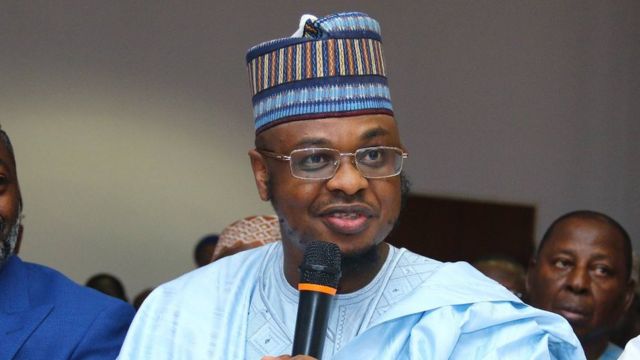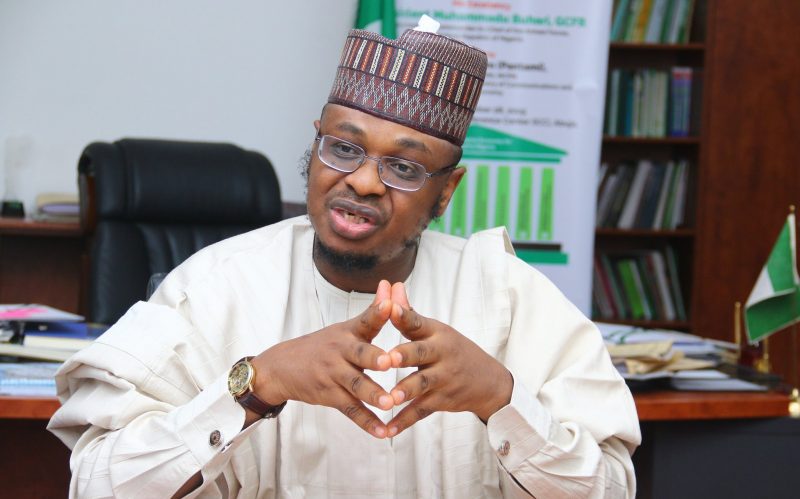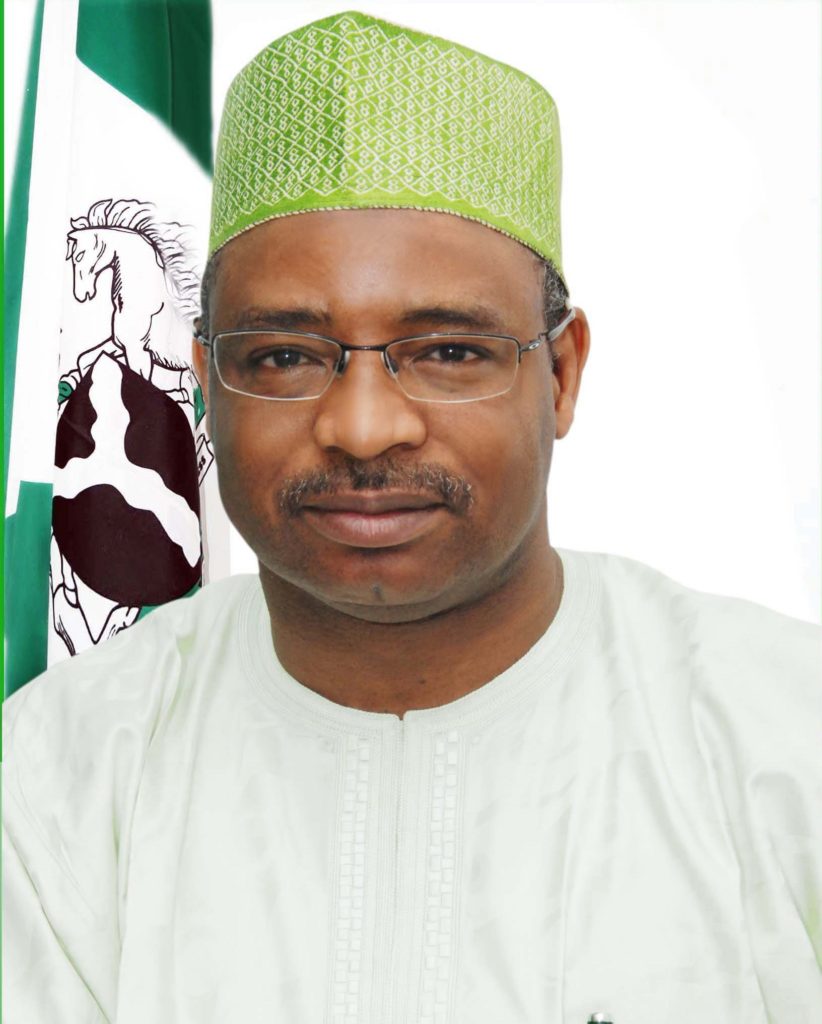Nigeria’s Minister of Communications and Digital Economy, Prof. Isa Pantami has said a paradigm shift from the clamour for educational certificates and qualifications to acquiring social, soft skills that would ensure one was critically positioned to address challenges in society is needed in the country.
TheNewsGuru.com (TNG) reports Pantami said this on Monday at a news conference in Abuja to mark the third Digital Nigeria Day (DND) annually obseved on Oct. 24 across the world.
The DND also doubles as the UN World Development Information Day marked to recognise the importance of Information and communications technologies towards providing new solutions to development challenges.
The UN day of information is to recognise the role of ICT particularly in the context of globalisation, how it can foster economic growth, competitiveness, access to information and knowledge, poverty eradication and social inclusion.
Speaking during the conference, Pantami disclosed that the Minister of Communications and Digital Economy excelled at the recently concluded retreat that was held for all Ministers.
He further disclosed that the assessment was based on the output indicators and milestones for the eight ministerial deliverables and the ministry obtained the highest grade in each of the deliverables.
“Implementation of Broadband Connectivity was 134 per cent, deployment of 4G across the country -127 per cent, digitalising government functions and processes was 99 per cent.
“Development and implementation of a National Digital Economy Policy and Strategy -103 per cent, while implementation of a Digital Identity Programme was 86 per cent.
“Improvement and optimisation of revenues from all operators and licensees in the agencies under the ministry’s supervision was 594 per cent,”Pantami said.
He further said that the active collaboration with the private sector to create jobs amounted to 111 per cent, while empowerment of citizens was 137 per cent.
Pantami said the assessment was carried out by the Foreign, Commonwealth and Development Office, UK and KPMG, among others, in partnership with the Office of the Secretary to the Government of the Federation.
He also recalled that the ICT sector contributed 14.07 per cent in the first quarter of 2020, 17.92 per cent in second quarter of 2021, while 18.44 per cent was contributed in the second quarter of 2022.
According to him, at each time, these numbers were the highest ever contribution of the ICT sector to the Gross Domestic Product.
Pantami said:`’Furthermore, the quarterly revenues also generated for the Federal Government rose from N51.3 billion to N408.7 billion, through spectrum sales and taxes from the sector.
“We now have a Nigeria Startup Act, which is a principal legislation and is a major achievement that will significantly enhance the innovation and entrepreneurship ecosystem in Nigeria.’’
The minister added that some of the policies that had boosted revenues in the sector included National Digital Economy Policy & Strategy 2020-2030 (NDEPS), as well as Roadmap for the Implementation of the NDEPS.
Other policies, he said, were SIM Card Registration Policy, Nigeria National Broadband Plan 2020-2025 and the National Policy for the Promotion of Indigenous Content in the Telecommunications Sector, among others.
Pantami said that over 863,372 citizens benefited from digital skills programmes, while the ministry had recently signed a Memorandum of Understanding for Microsoft to train five million Nigerians on high global digital skills demand.
“On assumption of office on Aug. 1, 2019, the official broadband penetration figures stood at 33.72 per cent and today it is 44.65 per cent, representing close to 13 million new broadband users.
“Similarly, there were 13,823 4G base stations and we now have 36,751, representing a 165.86 per cent increase and the percentage of 4G coverage also increased from 23 per cent to 77.52 per cent.
“The cost of data has crashed from N1,200 per Gigabyte to about N350, making it easier for Nigerians to connect to the Internet,’’ he said.
The minister said that the ministry had developed an IT clearance portal to support inoperability, eliminate duplication and ensure value for money in the implementation of ICT projects in the country.
According to him, the quarterly savings from the IT Projects’ Clearance Process rose from N12.45 million to N10.57 billion.
He also said that steps were being taken to create a pool of Innovation Driven Enterprises (IDEs) to accelerate the development of Nigeria’s digital economy.
Pantami said: “Privacy concerns are also being addressed through the newly established Nigeria Data Protection Bureau (NDPB).
“The drafting of the data protection bill has reached an advanced stage, Digital Identity enrolments have been successful, with issued National Identification Numbers (NINs) rising from less than 40 million to over 90 million.’’
Pantami said in promoting indigenous content, the ministry had developed a policy for promoting indigenous content in the telecom sector to complement similar efforts that focused on the information technology sector.
He said it would reduce capital flight, amongst other things.
Pantami also advocated paradigm shift from the clamour for educational certificates and qualifications to acquiring social, soft skills that would ensure one was critically positioned to address challenges in the society.
Mr Kashifu Inuwa, Director-General of the National Information Technology Development Agency (NITDA), said that the DND would be a week-long programme from Oct. 25 to 27.
Inuwa said the conference would hold in a hybrid manner with an application platform where participants could register and also be broadcast live.
Inuwa said that Nigeria was ready for a digital economy, as well as transformation, hence everyone should key in.
The theme of the conference would be “Digital Transformation: A Path to Sustainable Digital Economy.’’






